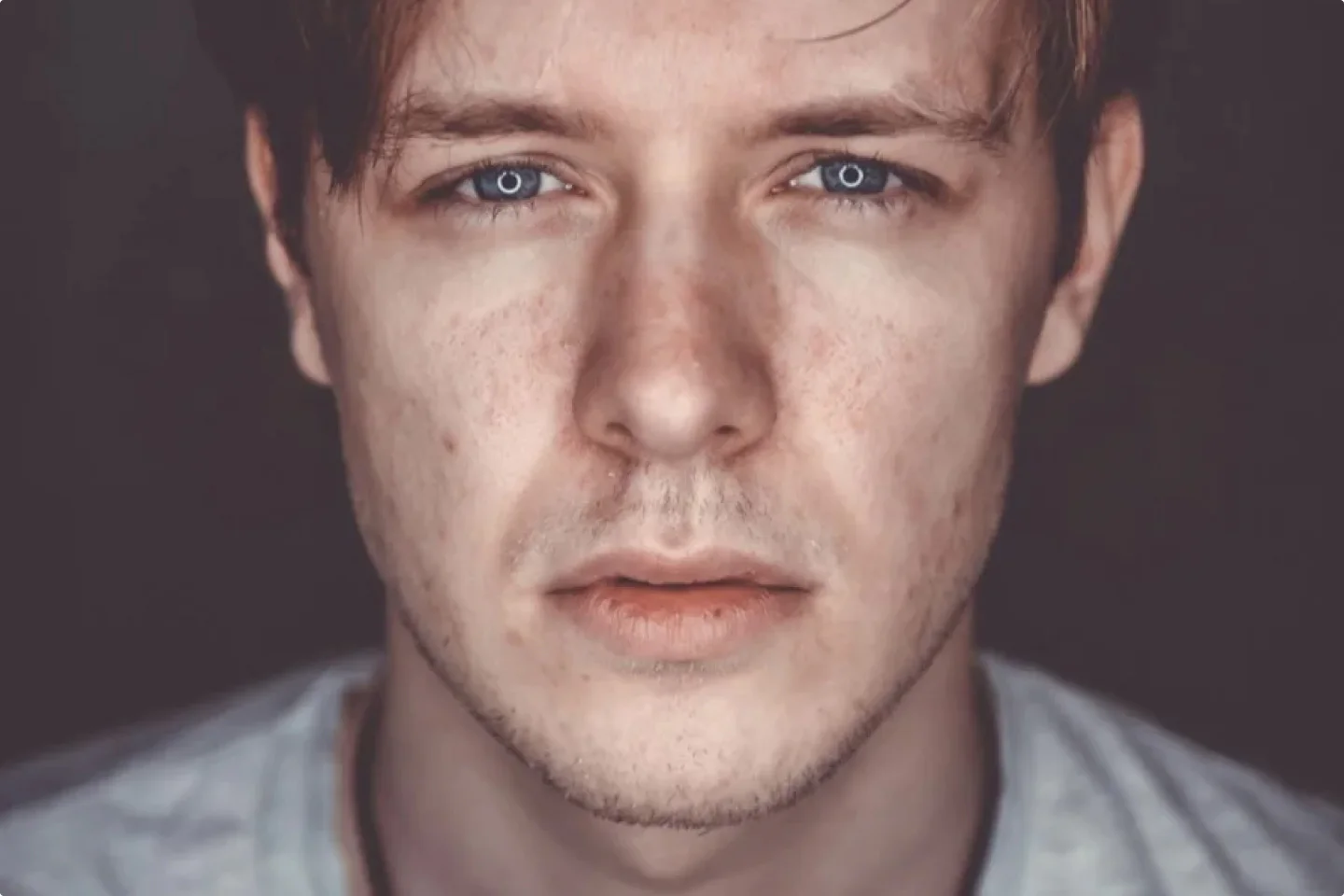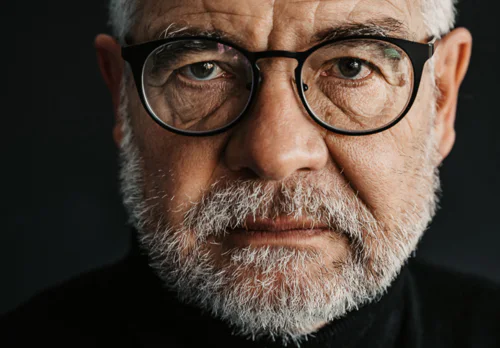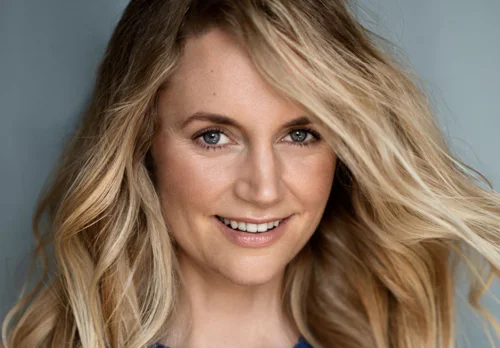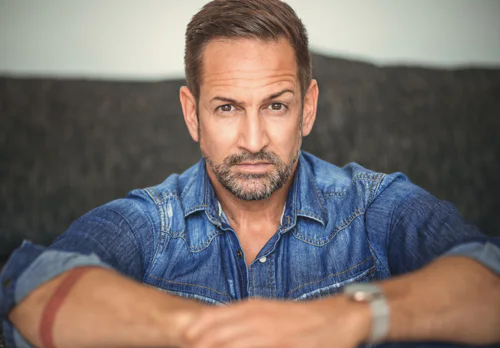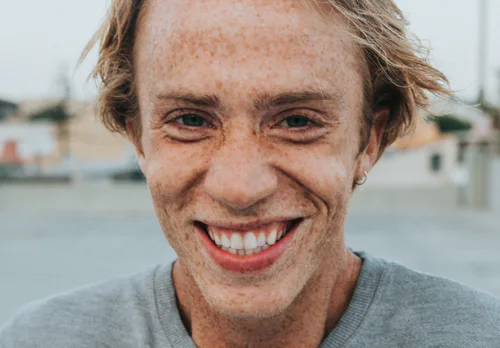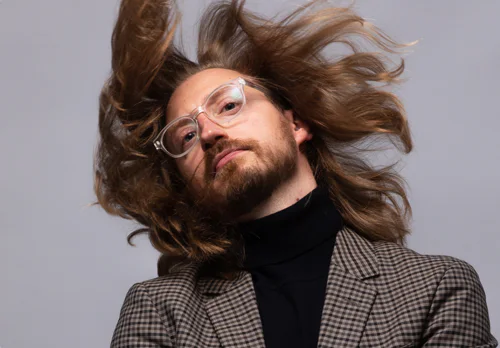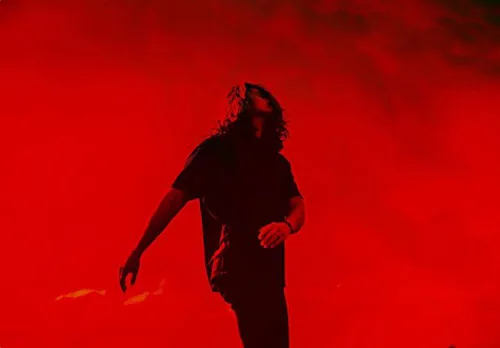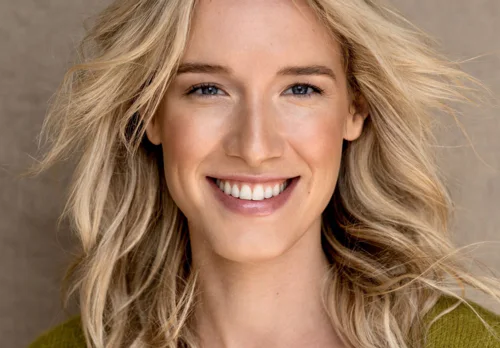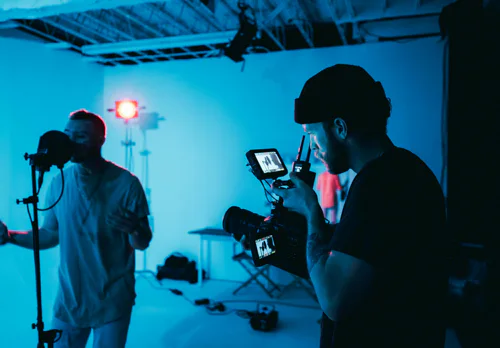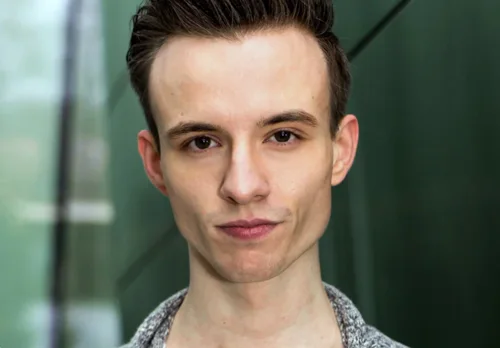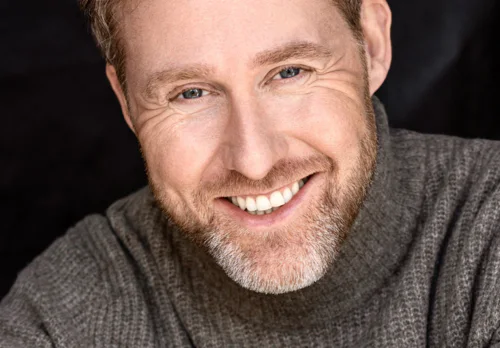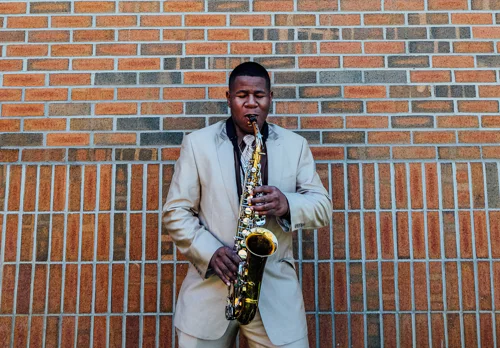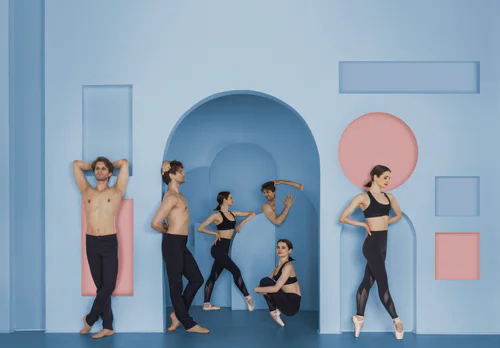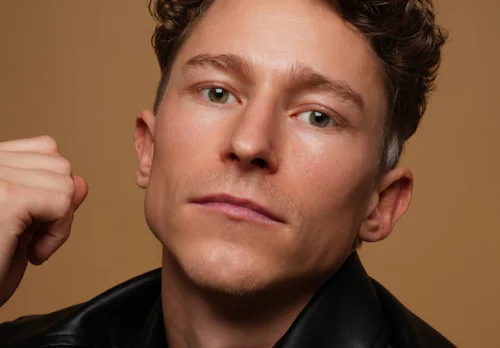Emotions in words: the art of speaking
The hysteria of a caring mother, the kind words of a best friend or the tender words of a partner - it is not the content of the words, but the sound of them that often makes us cringe, laugh or blush. Our voice carries our emotions and is therefore our most important means of communication. Using it effectively is not that easy. But that is the job of the (dubbing) voice actor. They have practiced for a long time and constantly trained themselves.
Dubbing actors have the task of lending their voices to actors by translating foreign-language productions into the target language. In addition, they add voice to formats for which there is no sound by nature. If you compare the American pirate film "Pirates of the Caribbean" and its German adaptation, you will notice that the actors' voices sound different. But Jonny Depp's German voice is always the same. If we happen to hear it on the radio or in a TV commercial, we take notice because we recognize it immediately.
Dubbing actors lend their voices to actors and provide soundless formats, such as animated films, with speech. We know the voices of the dubbing actors, but not their faces, which is actually a shame. Because what dubbing actors do in secret behind the microphone is acting at a high level. With the help of text and moving images alone, dubbing actors are able to bring out the right emotions and authentically reproduce them in the confined space of a small voiceover booth. They also adjust their speaking speed and pitch so that their voice is in sync with the characters' lip movements.
Everything happens at breakneck speed and you have to be on your toes to keep up. This is always a challenge and only very few are up to it. Becoming a voice actor is mainly a matter of practice. However, to really want to work on yourself every day, young talents should have a lot of ambition and a passion for language.
What do voice actors actually do?
Voice actors speak a voice without being visible in the picture. They use their voice to translate a foreign-language format into the target language or give a voice to formats that originally have no sound. These can be animated films, computer and video games, image films, commercials, e-learning programs, explanatory films or documentaries. Choosing the right voice is not that easy, as the voice gives a brand or character a certain image. For advertising films, for example, well-known professional voice actors are often used to introduce customers to an unknown product or service in a familiar voice. It is hoped that this will gain the trust of customers, who at best will sympathize with the person being introduced.
Speakers are known for their unusual voice color - raspy, deep, nasal or much more. In addition, they sometimes speak several languages with different dialects. As native speakers, they are therefore able to communicate any message clearly. In the past, there have even been cases of actors with a strong dialect being dubbed by colleagues.
What exactly is the process of a voice recording? At the beginning, the voice artist receives a customer briefing. He then uses this to produce recordings. He usually stands in a soundproof voiceover booth in a recording studio and either just reads a text (cold voice) or watches the film scenes on a screen in addition to the text so that he can adapt his voice to the lip movements of the character he is speaking. Professional speakers can vary the tempo, dynamics, volume and pitch of their voice.
In order to be able to synchronize as precisely as possible, dubbing actors work with takes. These are individual scenes consisting of just a few sentences or sounds (e.g. sobbing, laughing, breathing). The duration of a take is often very short, but the recording itself can take several hours. This means that professional voice actors must remain highly concentrated at all times and be able to act quickly. Not so easy in a few square meters in a monotonous environment. This is why many professionals reject the job title "voice actor", as they are much more likely to be actors and their work is very demanding.
Audio books, for example, are very complex recordings that can last several days, even weeks. They also require voice actors to spend a lot of time preparing outside the recording studio. In general, working hours are also very irregular, as recording studios often plan at very short notice. The voice artist is therefore expected to be flexible.
Voice actors are usually freelance and relatively unknown, unlike their acting colleagues, for example. They are also rarely mentioned in the credits of films and series. In the voice over scene, however, the stars are well known.
Industries in which voice actors find employment:
Film, television and radio
Advertising and web
Games and electronics
e-learning
What skills do voice actors have?
Voice actors can be children or older people. Appearance plays no role at all. The most important requirement for a voice actor, however, is a distinctive voice with which they can stand out from others and be interesting for special roles. Furthermore, a professional voice actor has a good command of his voice, can play with it and use different forms of expression. Their texts come across as very natural and dynamic. They can follow stage directions and implement them correctly.
If you would like a more detailed insight into this, take a look at our article How to become a voice actor.
Is training necessary?
If you want to become a voice actor, there is no regulated training path that you can follow as a beginner. There are many lateral entrants, but the most common method is via an acting school. If you want to continue your training in dubbing independently of an acting school, there are numerous basic and advanced courses available at private academies and language schools. In some cases, these even require a degree in acting and experience as an actor.
If you are interested in the job of and training to become an actor, we recommend the articles "Job profile: Actor" and "How to become an actor?".
What do you earn as a voice actor?
Voice actors are usually freelancers. Very few of them can make a living from dubbing alone. Their salary is made up of two aspects. On the one hand, they receive a basic fee of between 30 and 60 EUR and from approx. 3.00 EUR per take. There are no upper limits.
According to the VDS, the following fees are reasonable:
Television spot: approx. 500 EUR
Radio spot: approx. 350 EUR
Industrial films: approx. 250 EUR on average
It is not really possible to quote a fixed amount in this sector, as it depends on many other factors: For example, is it an audio book or an advertisement? Is it being broadcast nationally or internationally? Is the commercial only on the radio or also on the Internet or television?
So if you're not sure what you can expect to be paid as a voice artist, it's worth taking a look at the following website: https://www.sprecherpreise.de/
What development opportunities does a voice actor have?
Once voice actors have gained a foothold in the industry, they can develop in different directions. What most people probably want to work towards is achieving celebrity status. In addition, professional voice actors can specialize in different media, such as audiobooks, commercials or film. They can also share their experience with up-and-coming voice actors and pass on their knowledge to them in the form of workshops or seminars. Of course, they can also find employment in a voice agency, as they have good industry and specialist knowledge and can therefore recognize potential candidates at an early stage. However, they can also decide to open a recording studio themselves or continue as an actor.
